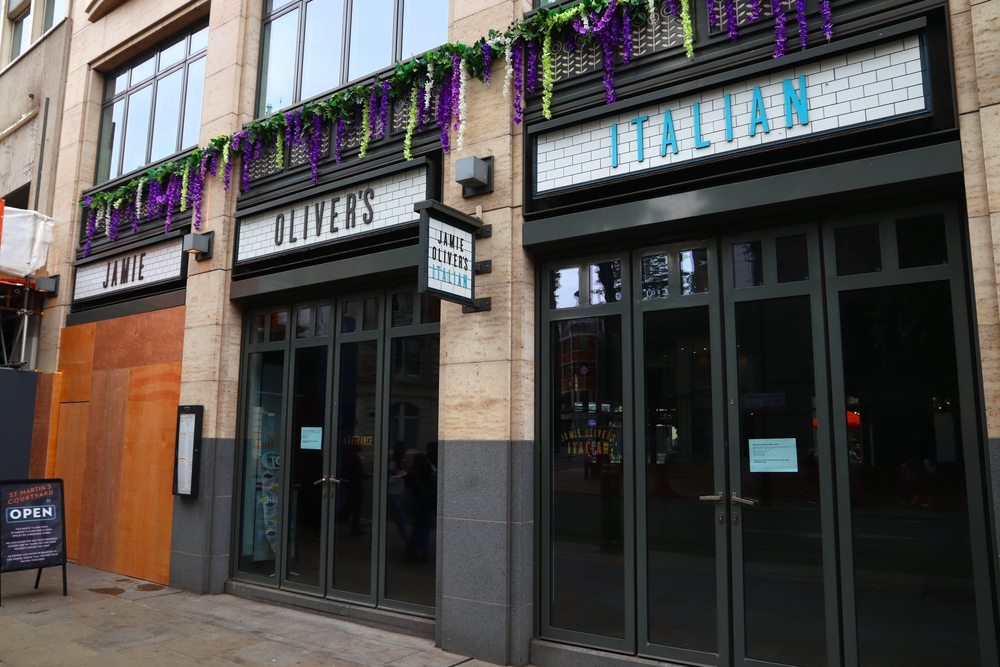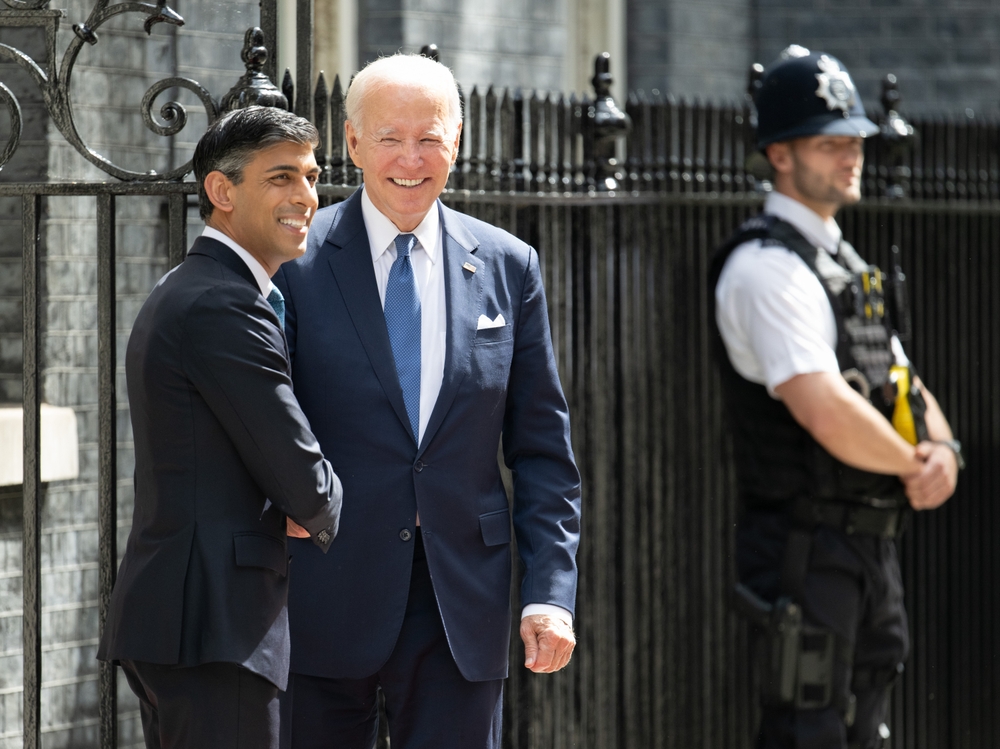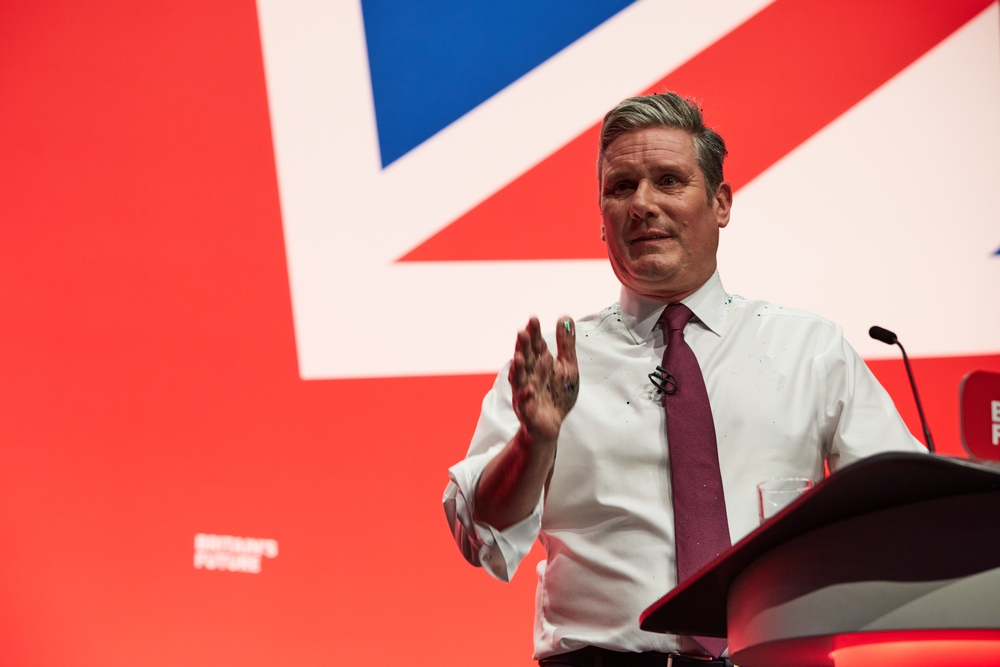
The following genuine conversation was overheard yesterday on the tube. A man in his twenties was flicking through the Metro. His friend, also in his twenties, glanced over at the front page and said,
“That’s Bob Diamond!”
“Who?” asked Man A.
“The Barclays chief executive. You know.”
Man A frowned at the paper.
“I don’t know the origin of this scandal”.
“He says the Bank of England told them to fix the Libor.”
“What’s the Libor?”
“It’s, like, the interest rate that banks use to lend to each other. They made it artificially low”.
“So that must have been great for the borrowers, right?”
“No, it was just to make their profits look bigger.”
Man A considered this.
“Apparently it’s going to be sunny at the weekend”.
That may not be everything you need to know about the political implications of the Libor scandal, but it is a good place to start. There are many more people like Man A than there are like Man B. As Tony Blair pointed out, one of the mistakes politicians make is to overestimate how much attention people are paying to them. The public certainly care about what the banks have been up to, but most of them are not following every twist and turn of the story as it unfolds.
Getting to the bottom of what happened, and making sure it doesn’t happen again, matters a great deal. It matters to the public too. There is real anger about how the banks have behaved – though rather less clarity about what exactly it is they have done – and people want something done about it. But from a political point of view, the limits of the public’s time and patience make it important to separate what matters most from the second order issues.
The first order issues are few. For the government, there are perhaps only three: to show that they share the public’s concern, to establish exactly what has been going on and why, and to come up with sensible proposals for positive change that do not damage one of Britain’s great industries. These are quite enough to be going on with.
The second order issues are legion. Unfortunately they are also the ones that political operatives find the most exciting. They include: trying to establish shady motives on the part of Labour for demanding one type of inquiry rather than another; speculating about the role of former Labour Ministers, including Baronesses of whom no-one has heard; and wondering loudly what sort of “senior figures” a Bank of England official was referring to in a conversation with the Barclays chief executive four years ago.
To be clear, I am not saying these things are unimportant in themselves. There are good reasons for holding a parliamentary rather than a judge-led inquiry, and we need to establish the extent of official involvement in what has happened. But these things are of rather less interest to the public than they are to us. We are not going to get people to sit still and listen while we explain at length why this is all the fault of Ed Balls. The Libor scandal happened on Labour’s watch, but voters have already passed judgment on Labour Ministers’ time in office; that is why they now sit on the Speaker’s left. What matters to voters is what we are going to do about it.


